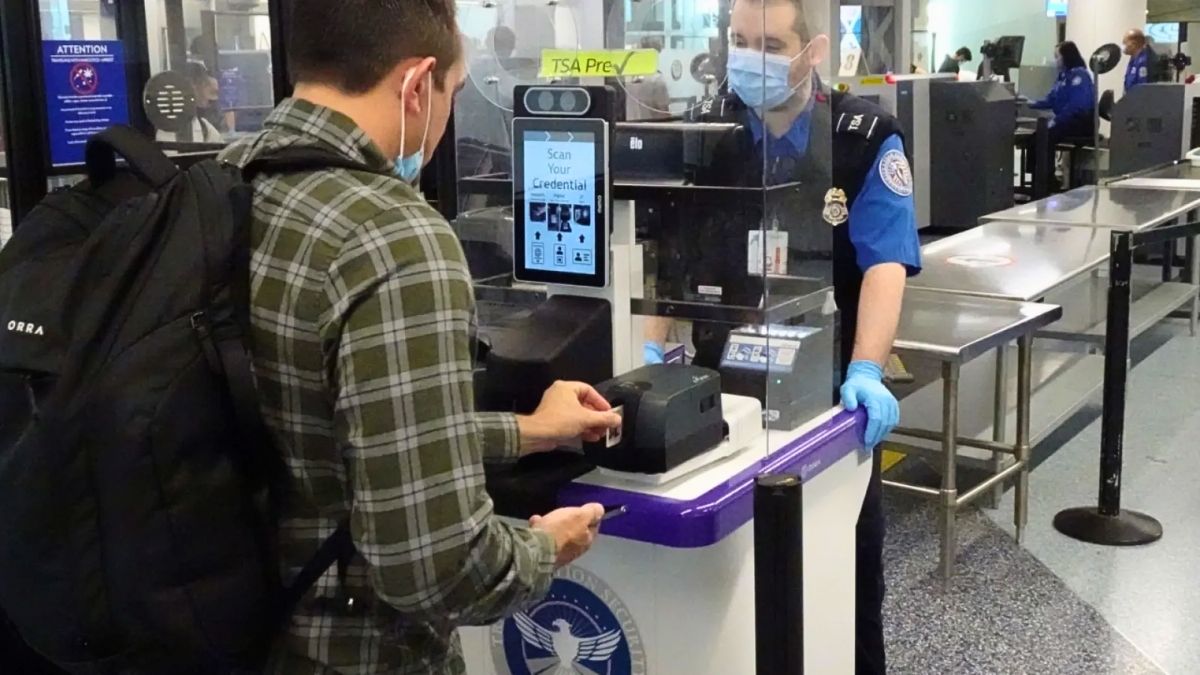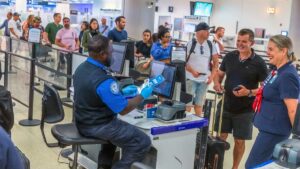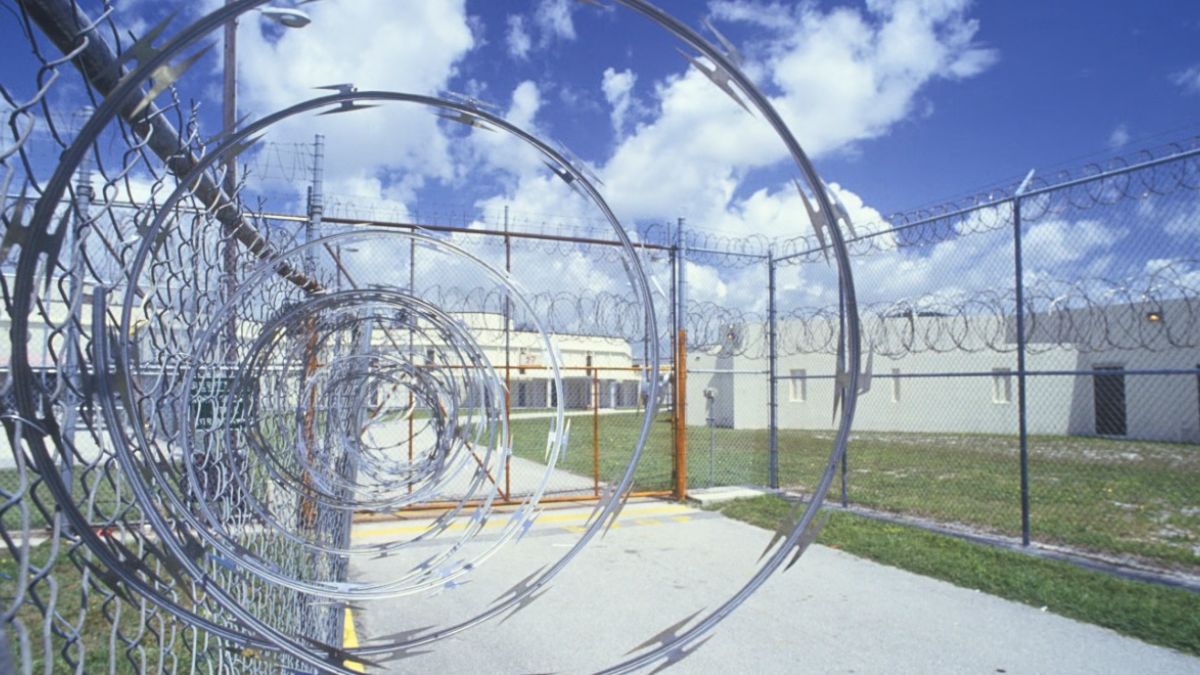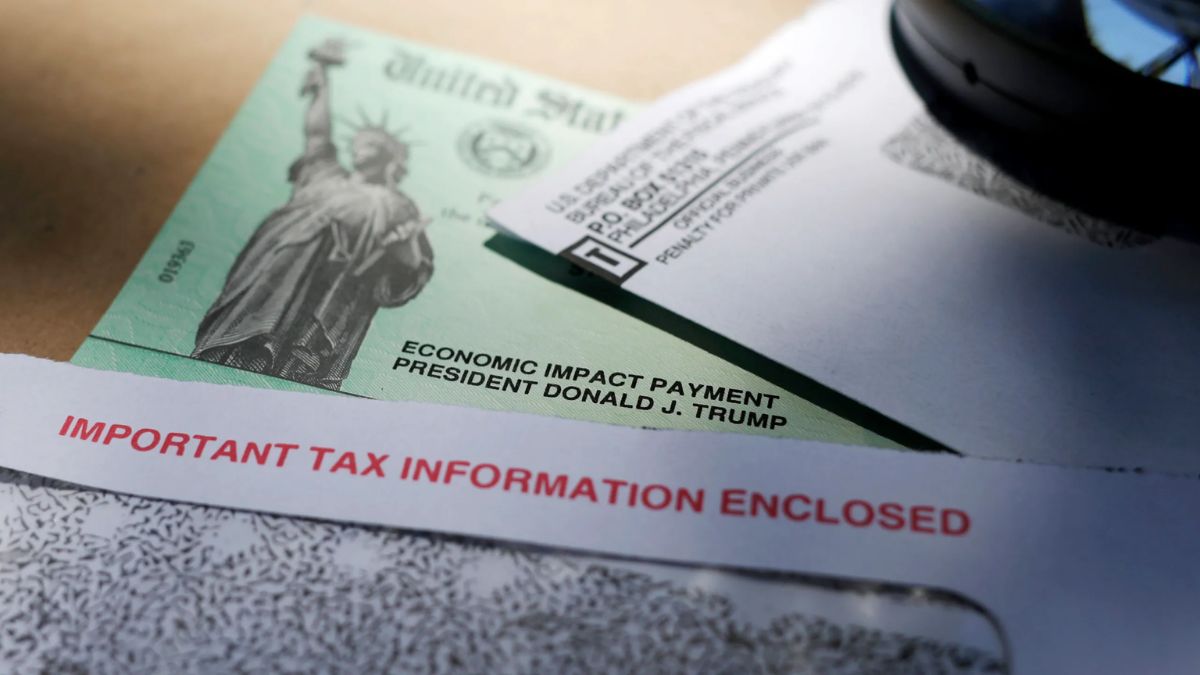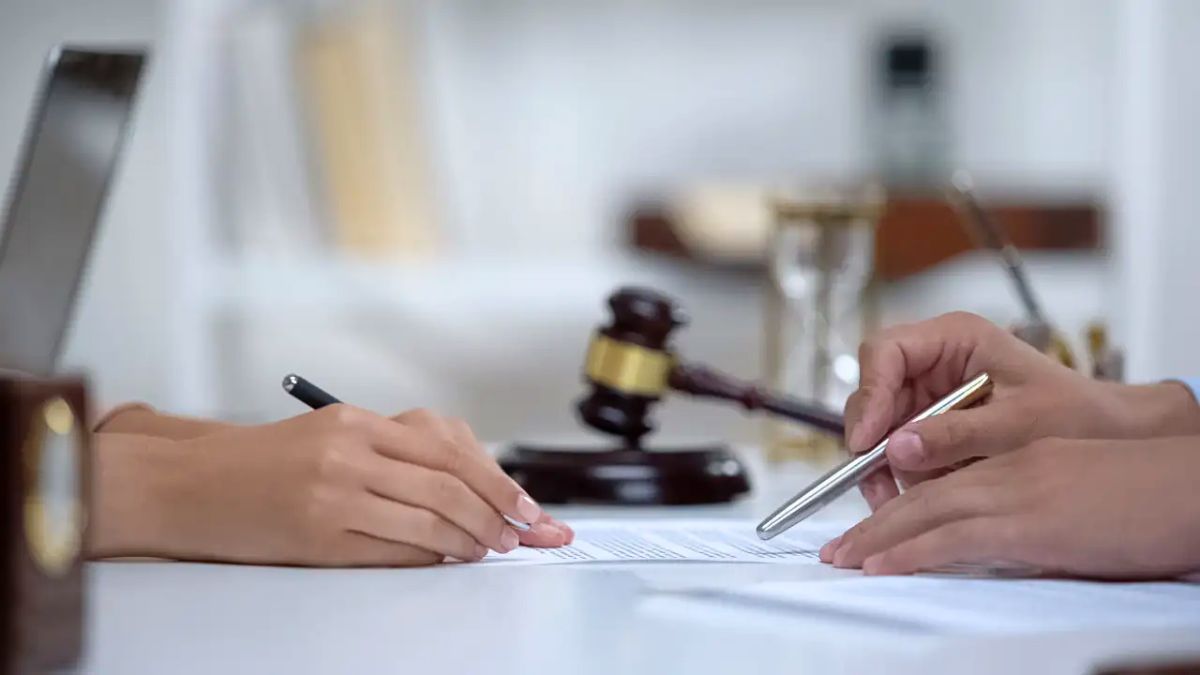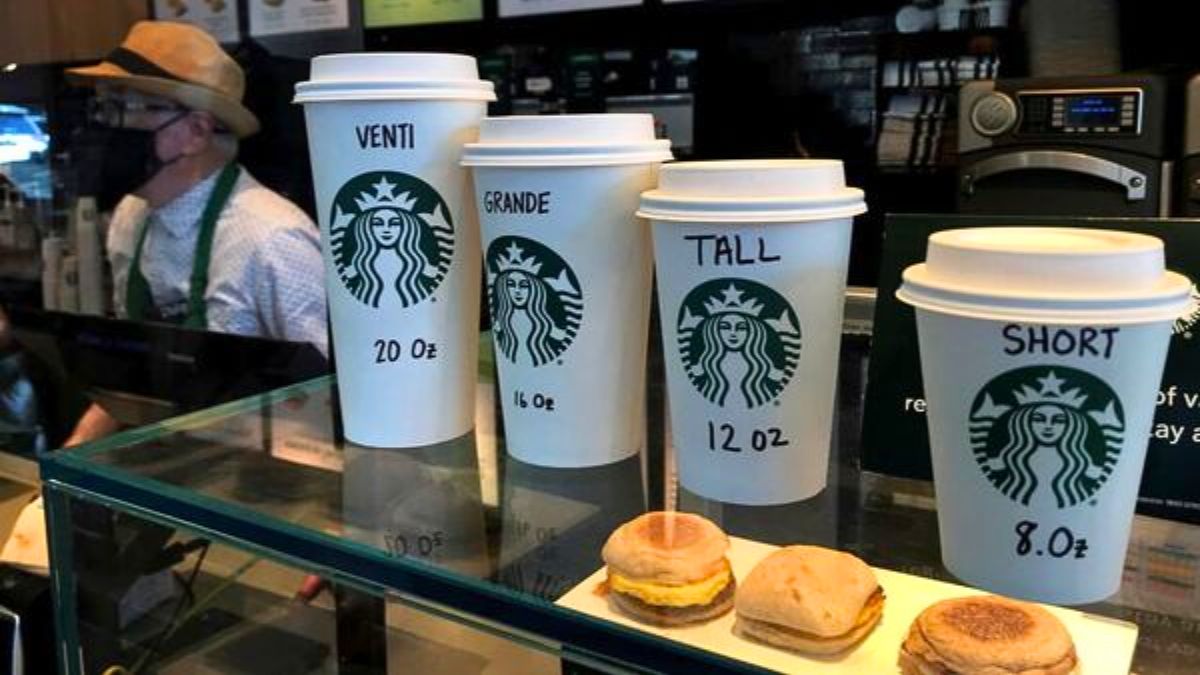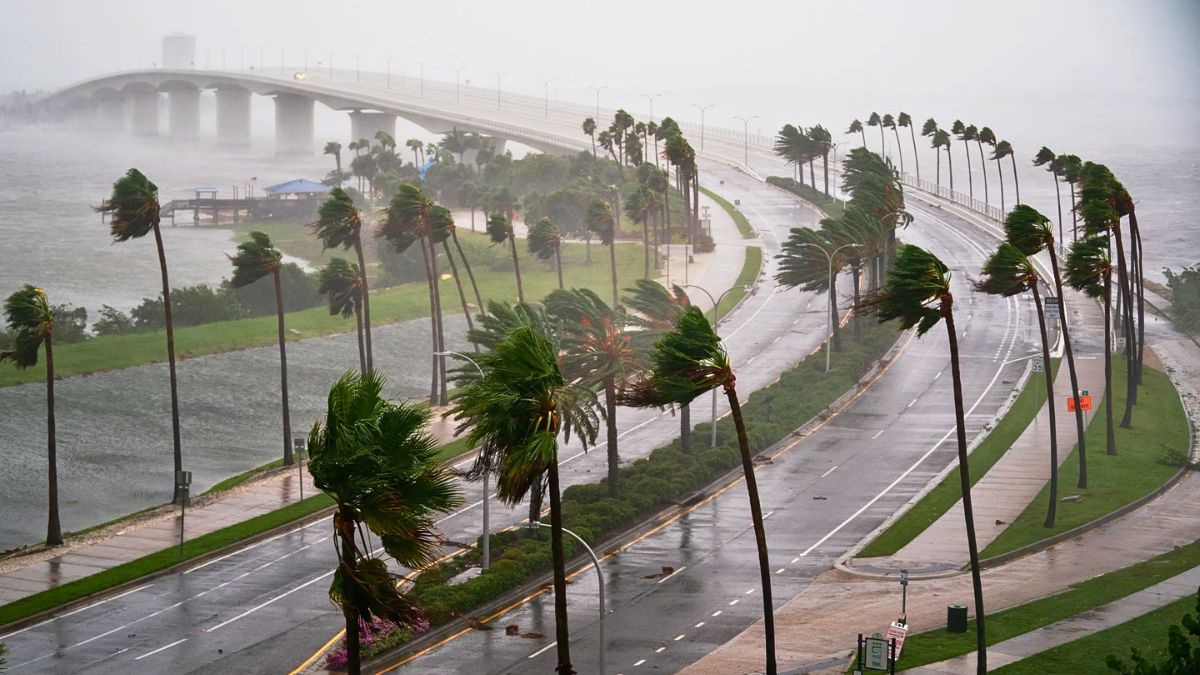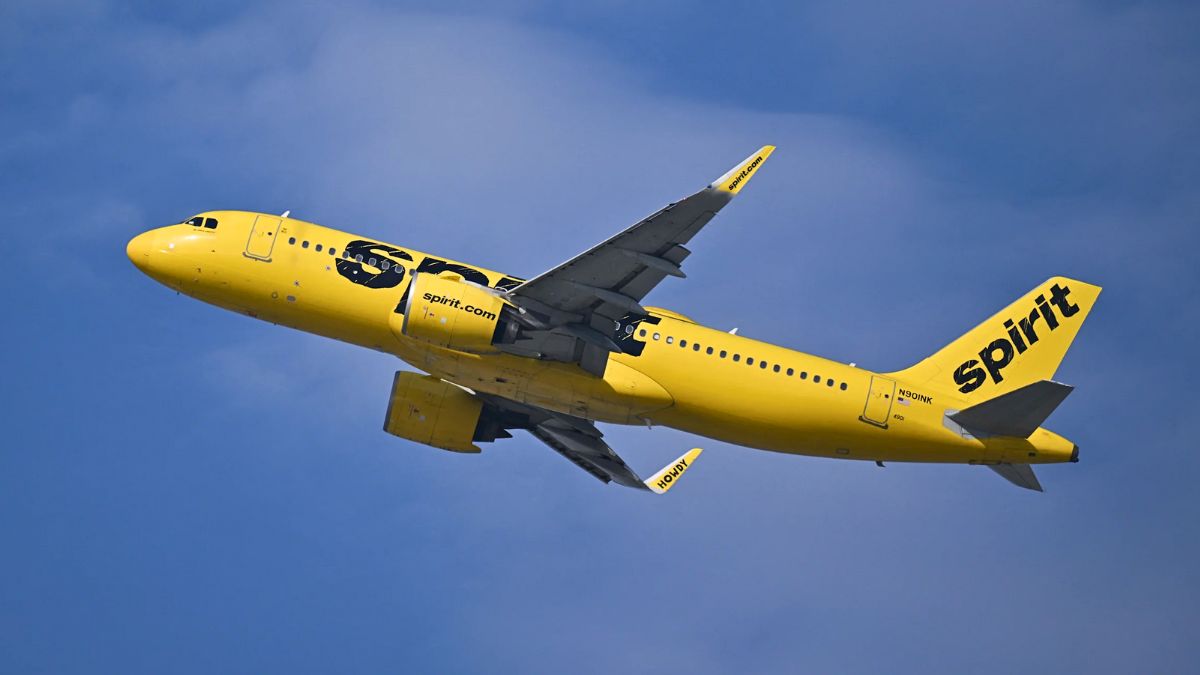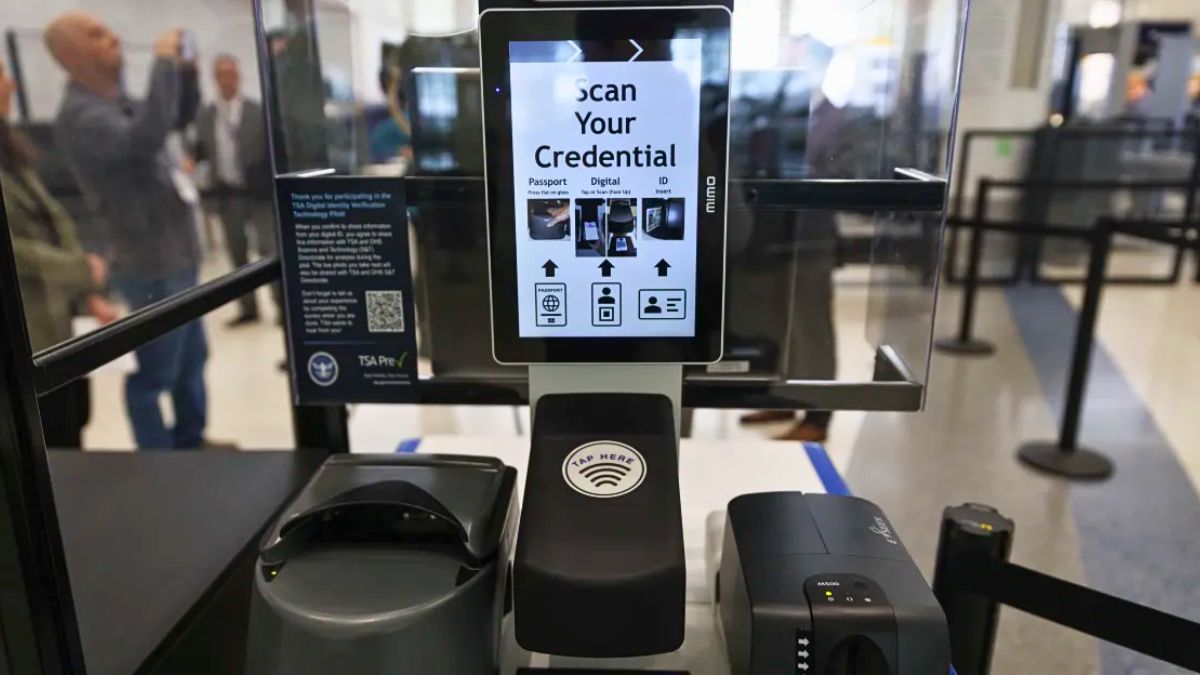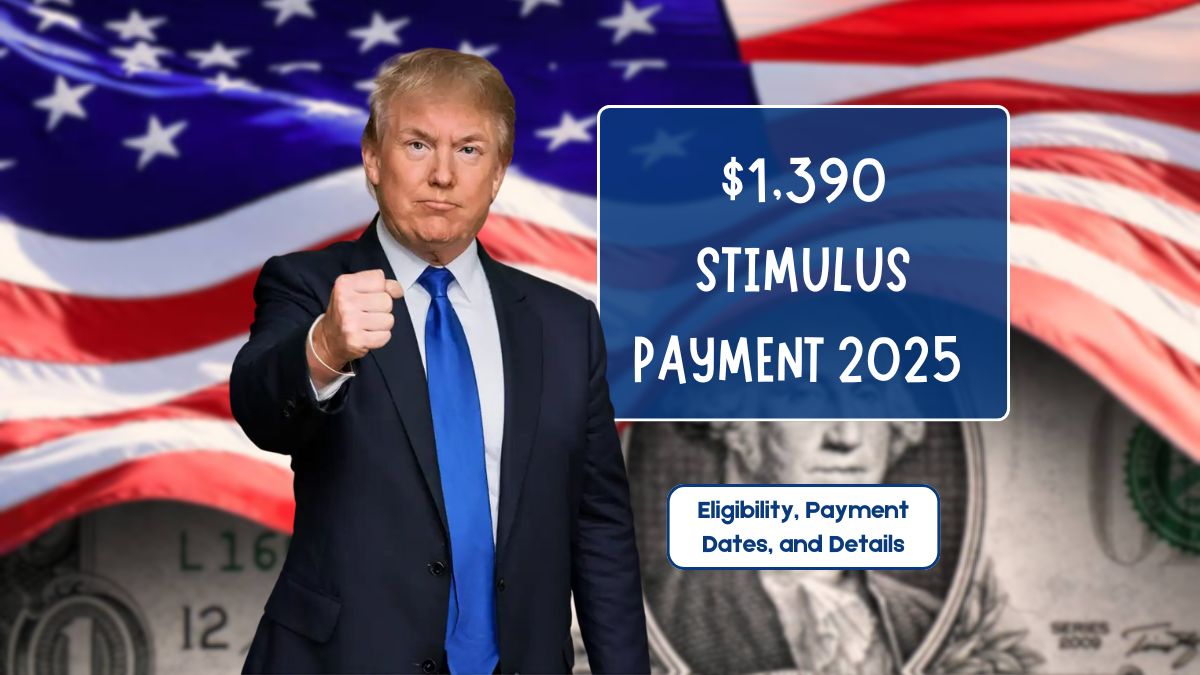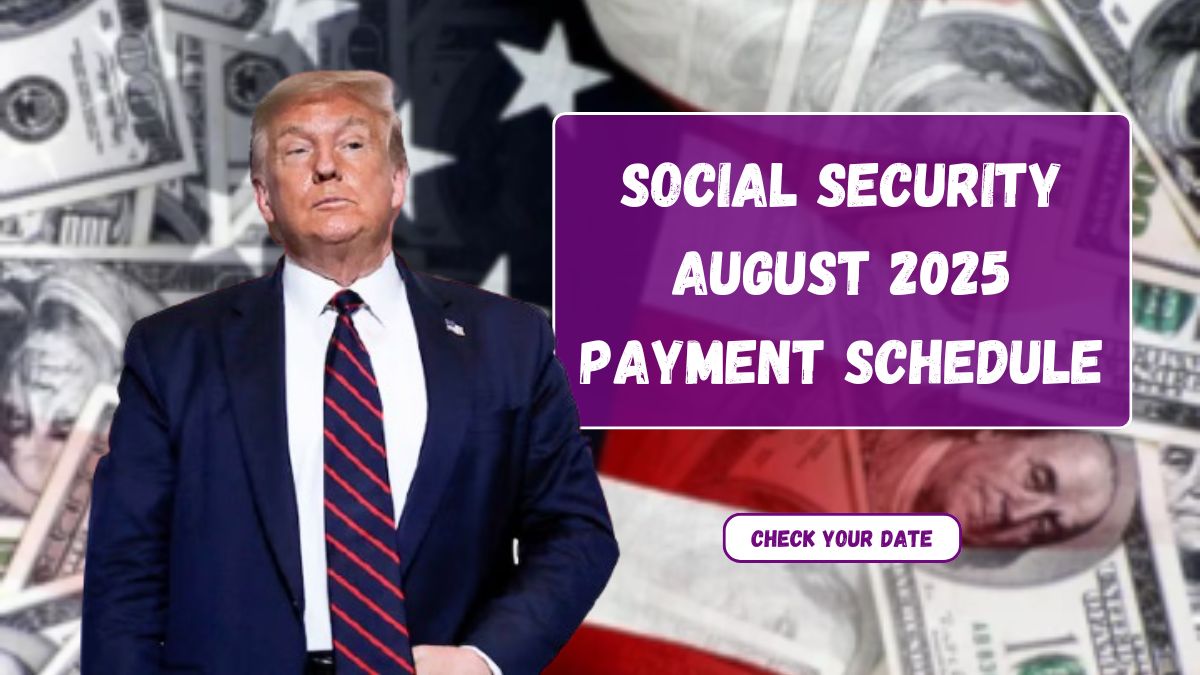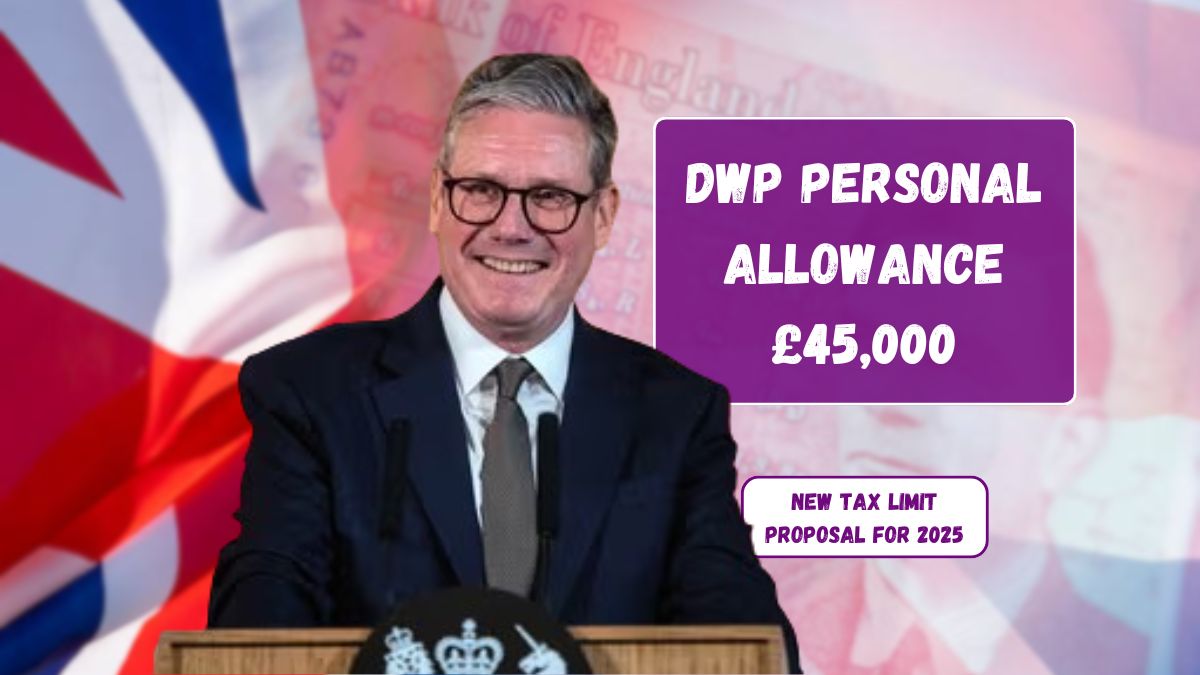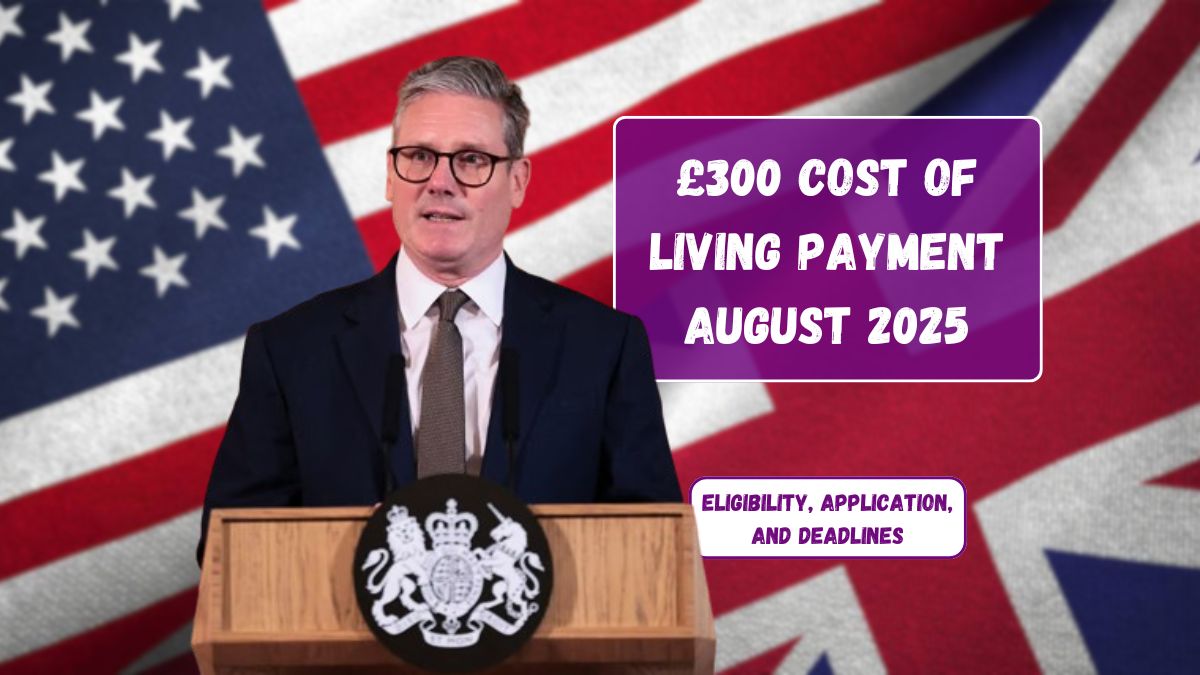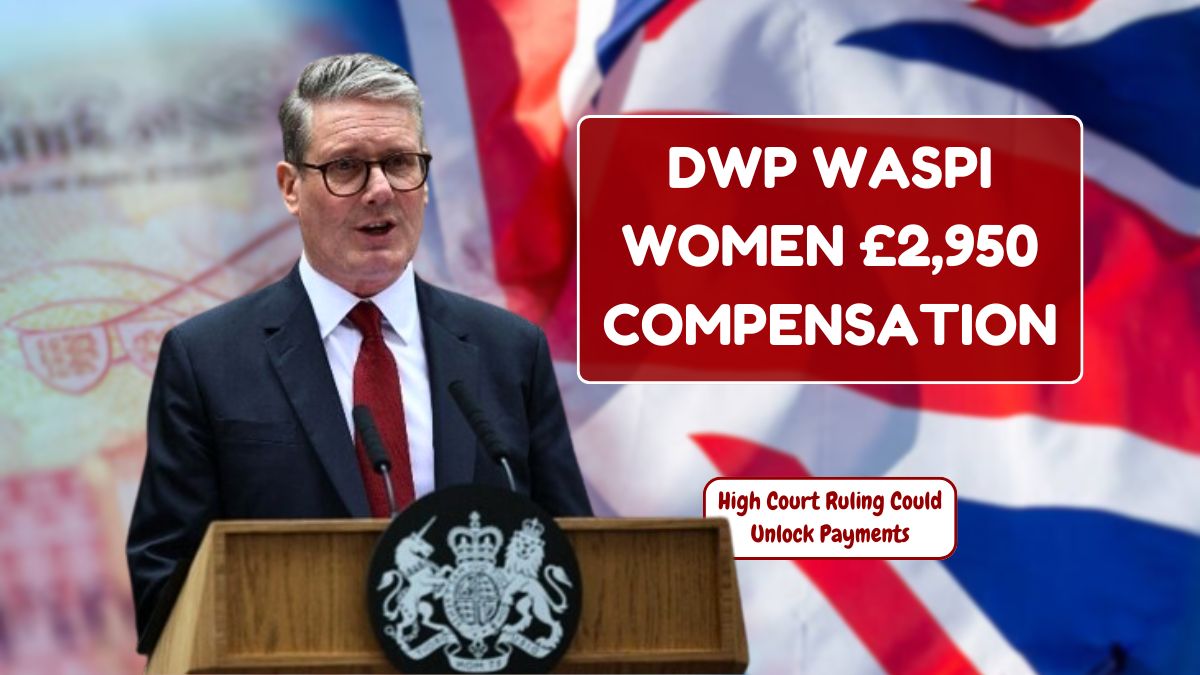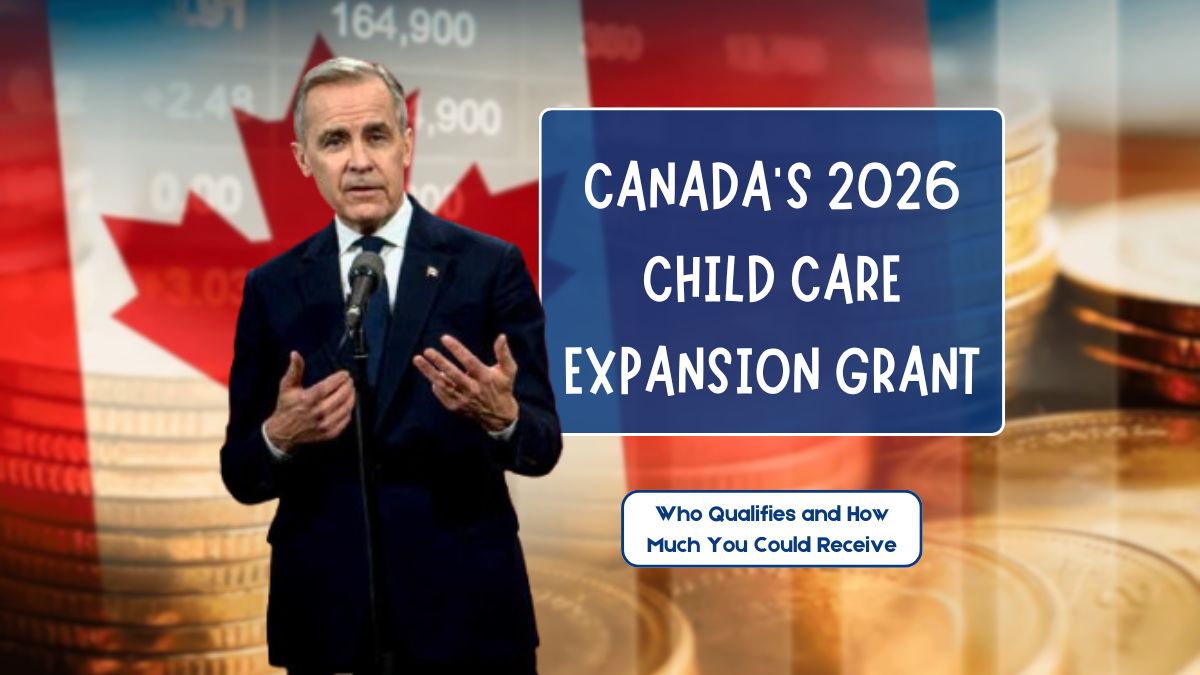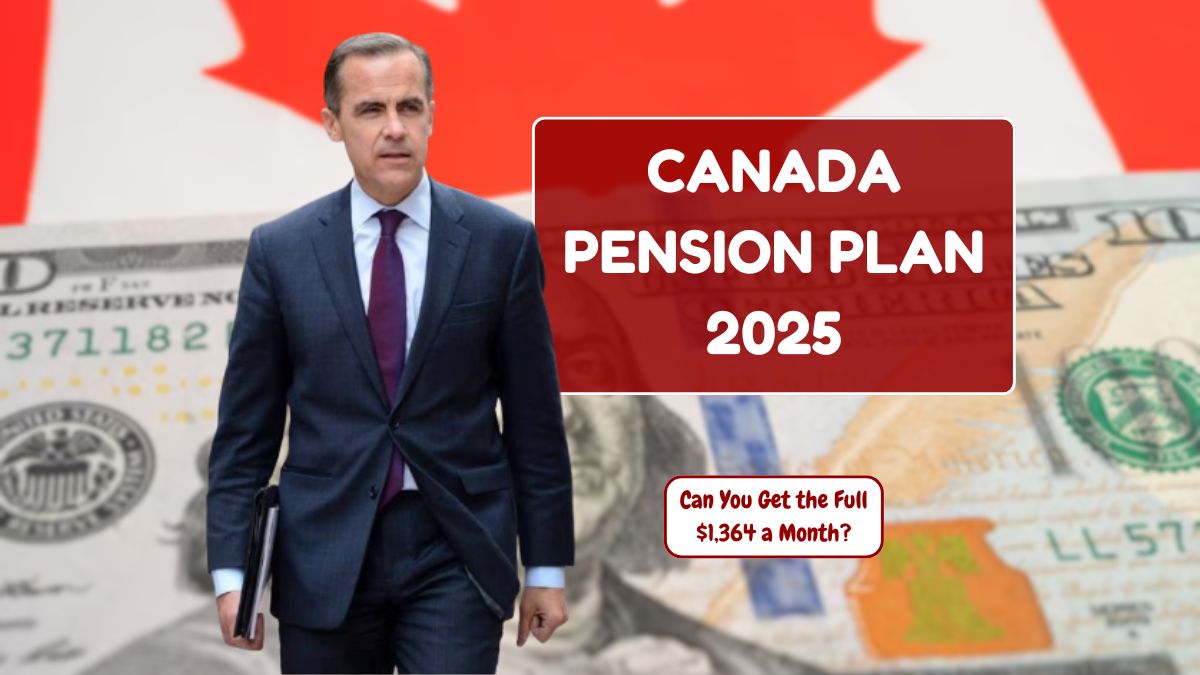More than 250 airports across the U.S. are now using facial recognition technology to scan passengers before boarding. The TSA says it speeds up the process and boosts security. Sounds convenient, right?
Well, not everyone’s smiling for the camera. A growing number of travelers say that while this face scan is technically “optional,” it sure doesn’t feel like it. Let’s break down what’s happening and what your rights really are at the airport.
Optional
Yes, you can say no to a facial scan. But here’s the catch — most people don’t even know they have that choice. And for those who do speak up? Things can get awkward fast.
In theory, facial recognition is voluntary. In practice, it often feels forced.
There are reports from travelers in Fort Lauderdale and Las Vegas who say they were met with attitude when they declined. One passenger claimed that after opting out, an agent replied, “there are already a thousand cameras here” — which totally misses the point.
Another traveler said they had to go through a slow manual ID check and got passive-aggressive comments like “you’d be inside already if you took the photo.”
If this is optional, why does it feel like punishment?
Trust
Let’s talk tech.
The TSA claims facial recognition is incredibly accurate — less than a 1% margin of error. That’s far more reliable than other biometric tools like fingerprints.
But that’s not the real concern for most people. It’s about privacy.
In fact, over 60% of travelers say they’re worried about:
- What happens to their face data
- Who has access to it
- How long it’s stored
- Whether it’s shared with law enforcement or other agencies
Some people don’t speak up or decline the scan, not because they’re okay with it — but because they’re afraid it’ll delay their flight or trigger extra screening.
And that’s where the system starts to lose trust.
Congress
Senator Jeff Merkley from Oregon has reintroduced the Traveler Privacy Protection Act. His goal? Make it crystal clear that you can travel using your physical ID only, without being pressured into a facial scan.
He’s also pushing for better signage and communication at checkpoints so passengers know their rights upfront.
Merkley put it bluntly: “No government should have a database with the faces of everyone traveling within the country.”
Disputes
Not everyone agrees with Merkley’s approach.
Organizations like Airlines for America and the Security Industry Association argue that banning facial recognition would:
- Hurt security efforts
- Slow down boarding
- Require more TSA staff, increasing costs
They view facial recognition as a step forward in modernizing air travel. For them, removing it would be a setback.
Problem
The problem isn’t the tech itself. It’s how it’s being implemented.
People are okay with innovation — but not when it’s disguised as voluntary and then treated like it’s mandatory. That’s where trust breaks down.
What travelers want is:
- A clear, easy-to-understand choice
- Equal treatment whether they opt in or out
- Transparency about how the tech works and what happens to the data
Future
So, what’s next?
The U.S. is standing at a crossroads: embrace a powerful tool that improves efficiency but fuels distrust — or redesign it in a way that truly respects individual rights.
This debate isn’t just about airports. It’s about how privacy will be handled in an increasingly surveilled society.
Until there’s a clear answer, here’s the truth: if you don’t want your face scanned, you can say no — just be ready to stand your ground.
And yes, while you’re reading this… the cameras are still rolling.
FAQs
Is airport facial recognition mandatory?
No, it’s technically optional at TSA checkpoints.
Can I say no to the face scan?
Yes, but you might face delays or extra checks.
What happens to my scanned image?
It’s stored briefly, but concerns about misuse remain.
Is there a law to protect my privacy?
Yes, the Traveler Privacy Protection Act was proposed.
Why are travelers upset about this tech?
Lack of transparency and pressure to comply.

